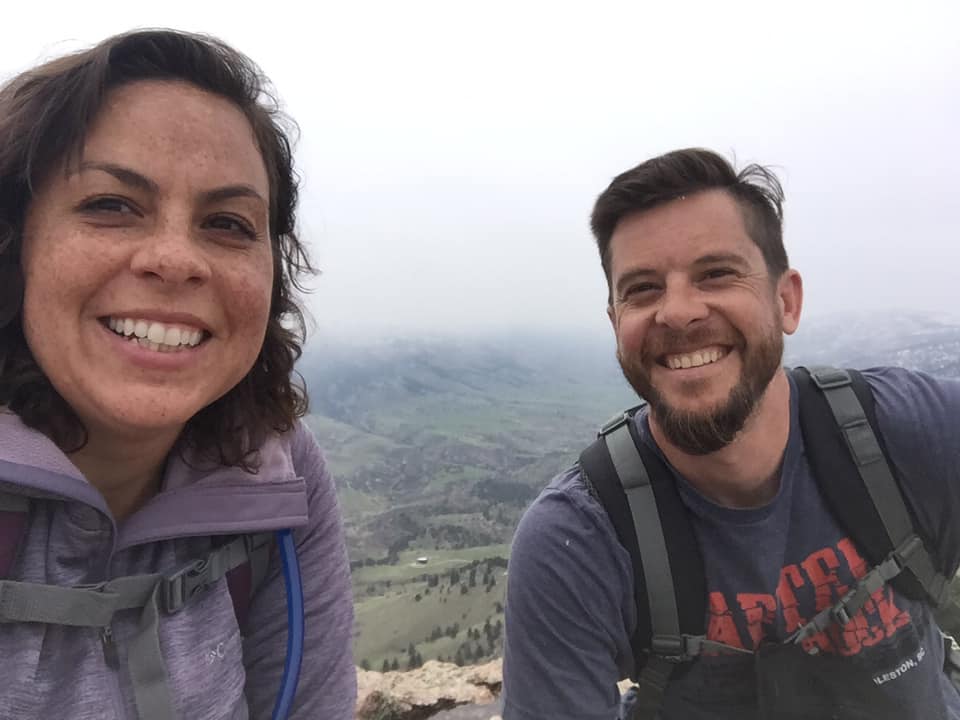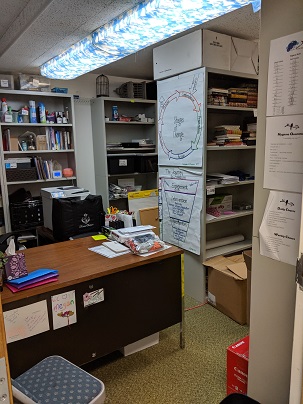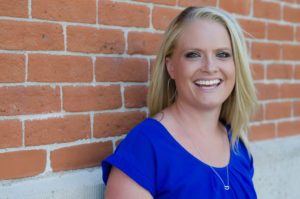The Greeley Vineyard Partners with Free Our Girls (Greeley, CO)

By Stacie Seaman
Introduction:
Engaging sex trafficking is the work of the church regardless of size and location. However, it is a justice issue that often appears daunting or distant from the small, rural church. It feels like sex trafficking is an issue better suited for megachurches with big budgets in major cities.
The Greeley Vineyard is trying to change that narrative. Greeley, CO is a city of 100,000 people about 50 miles north of Denver. It is known for its oil industry, livestock production (serving as the headquarters for JBS USA), the University of Northern Colorado, and the brewing of craft beer.
Recently, I sat down with Todd and Jenny Beilman, Lead Pastors at the Greeley Vineyard, to talk about their journey of partnering with Free Our Girls, an organization that accompanies women as they disentangle from commercial sexual exploitation and domestic sex trafficking.
Our conversation:
STACIE: What led you to reach out to Megan Lundstrom? [Megan is the Executive Director of Free Our Girls]
JENNY: We were seeking God on what He wanted for our church focus. God gave us three initiatives, and one was “seek justice.” We wondered: “What do we do with that?” Then, we saw an article in the university magazine on Megan Lundstrom and the anti-trafficking organization she founded.
TODD: I think for any follower of Christ, seeking justice has to be on your radar in some capacity in today’s world. But that one felt overwhelming because at that time our church was only about 100 people.
JENNY: We contacted Megan and asked to meet with her and get more information about her organization. We were honest with her that we couldn’t contribute financially to Free Our Girls, but we’d like to explore other ways we might be able to help. Through her story we discovered that they were working out of a storage unit. We told her that we had available office space in our basement and she was welcome to use it for free. They were able to move here and that allowed them to concentrate on expanding their whole program. Now, it’s grown beyond our building and they’re having to move out because they’re so big.

STACIE: What kind of interactions did you have as you worked together?
TODD: They were particularly standoffish to a religious organization. They seemed to wonder, “What was our hidden agenda?” and we had none. We would greet them when they came in, they would ask to use things and we freely gave them anything that we could. It provided so many opportunities for us to pray for them, to encourage them, and to answer questions about faith, about Christ.
JENNY: A lot of these women have had negative experiences with churches and clergy. I’m thankful that we were able to give them a different perspective of who Jesus is and show his love through generosity, letting them use our space and treating them with love and kindness.
STACIE: Now that Free Our Girls is moving out, how will your involvement change?
JENNY: They’re getting an eleven-bedroom old Victorian house nearby so now we’ll be able to help out with practical things. We’re going to be very diligent about praying for them. They’ve felt a covering here in our space and we want them to know that it’s not the space, it’s Jesus.
TODD: We’ve built relationships. We’ve had people in the church who now want to get directly involved with Free Our Girls. It’s been neat to see how you say, “We’ve got a room for you,” and then relationships grow out of that.
I met Megan at Free Our Girls’ new home, Sparrow’s Landing, to get her perspective:

STACIE: Tell me about that first meeting with Todd and Jenny.
MEGAN: That was almost two years ago and Free Our Girls was still in its infancy. I met with Jenny first and told her that our job training program was in a storage unit. Then, we met later and Todd and Jenny said, “We’d love to gift you this office space for your program.”
I’m always a little bit hesitant working with the faith community because I get asked a lot of questions about whether we are faith-based, and then why aren’t you faith-based? There have been faith community members and groups that have chosen not to partner with us because we’re not faith-based.
STACIE: Were the daily interactions helpful?
MEGAN: My next concern was that we serve individuals who are coming from a variety of faith backgrounds and a lot of them have experienced trauma within the faith community. I wondered, “Are the people that we walk with going to feel safe coming into a church space? How are they going to be treated?” There was lots of grace in the beginning as we figured out how to be together and communicate with the church. Finding out that the church doors stay locked during the day and there are security cameras – those things have felt really safe to us. We’re serving clients that are escaping very dangerous situations so having that extra security was very comforting.
They’ve also built relationships with some of the women in our programs. That’s one of the big things I’m passionate about is making sure that the women that we walk with are connected with other social supports. Todd and Jenny provided a key mentorship and guidance piece by being available for things like listening to a single mom worry about “How am I gonna make ends meet over the summer and cover childcare?”
I always tell everybody; I wish more Christians were like Todd and Jenny and the Vineyard because I think fewer of our ladies would have had traumatic experiences in the faith community and they would feel safer reaching out to the faith community for help.
One of the great things that Jenny did was organizing a Welcome Bag assembly during a women’s ministry event. We use welcome bags to go out and start to build rapport with women who have a lot of basic needs and don’t trust anybody. I had those bags in the office so when I set up an appointment, or I go out do an intervention, I always grabbed a couple. It was so awesome to know this is just one more piece that the Vineyard is contributing to our program.
STACIE: Tell me about the top initiative for Free Our Girls.
MEGAN: Our key direct service program is our job training program. Economic empowerment is critical for long-term stability. What we see right now in anti-trafficking work is a lot of emergency services that address the first 24 hours, or maybe up to the first six months. The focus is all about rescue. But what does that look like in terms of now that you’re safe and you have your basic needs met – How do you rebuild?”
STACIE: Is there anything more you want to say?
MEGAN: I always like to emphasize that anybody can get involved with anti-trafficking work.
How can you get involved?
- Being more mindful of what we purchase and using ethical supply chains like Free Trade Certified.
- Volunteering for local organizations like Free Our Girls.
- If you’re working in high-contact industries like the medical industry, law enforcement, social work – get trained and make sure that your staff or your colleagues are trained.
- Talking with our children – girls and boys.
- Being good parents – make sure your kids grow up feeling safe and loved and healthy and they grow up to be safe, loving, healthy adults.
- Making donor introductions. I can talk about my vision and mission, and my experiences – I don’t need you to say anything other than “I think you guys should get together for coffee.”
- Want to get involved in advocacy and addressing the policies that contribute to sex trafficking? Check out Megan’s other organization: Avery Research Consulting, they “exist to source, study, and provide survivor-centered data to shape policy, advocacy, services, and culture to empower women and marginalized people across the US and beyond.” They do trainings!
